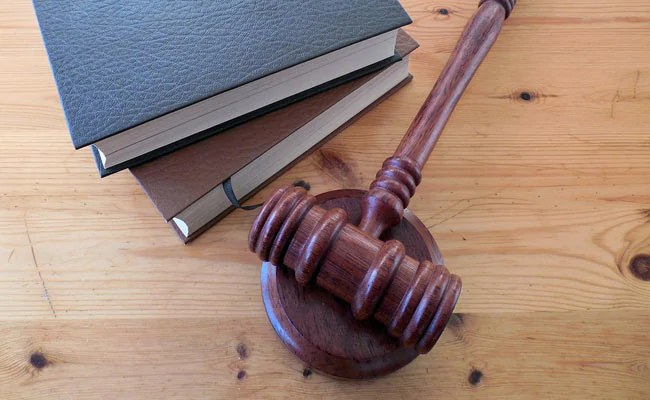Excelsior Correspondent
SRINAGAR, June 19: The High Court has acquitted a person from the charges of rape and set aside the sentence awarded to him by the trial court for committing the offence by observing the same does not sustain in the eyes of law as the prosecution fails to prove offence.
Justice Rajnesh Oswal allowed the appeal of convictee-Raman Masih challenging the judgment of trial court whereby he was convicted for committing rape on a girl and was sentenced to imprisonment of seven years with penalty.
“The judgment of the conviction and the sentence passed by the court of 2nd Additional Sessions Judge, Jammu is not sustainable in the eyes of law and is accordingly set aside. The appellant is acquitted of the charge for commission of offences under sections 376, 456 RPC. The challan shall stand dismissed”, Justice Oswal concluded.
Convictee-Masih was directed by the trial court to undergo simple imprisonment for seven years along with fine of Rs. 1000 for the commission of offence under Section 376 RPC and imprisonment of two years along with fine of Rs. 1,000 for the commission of offence under Section 456 RPC.
The court on examining the judgment of court below said the trial court has not appreciated the evidence in its right perspective and has wrongly determined the age of the prosecutrix to be below 16 years of age and further has erroneously rejected the report of the Forensic Science Expert.
“The trial court has further held that the appellant has made a vague allegation in his statement recorded under Section 342 Cr.PC that witnesses have deposed against him because of enmity but at the same time, the trial court miserably failed in its statutory duty to put incriminating evidence to the appellant-Masih in accordance with law, which has caused serious prejudice to him”, reads the judgment.
Court on perusal of the evidence of prosecution said it is not trustworthy and the story projected by the prosecution is improbable as such it would not be safe to convict the appellant. The trial court instead of granting the benefit of doubt to the appellant-accused has granted the same to the prosecution which is against the settled principle of criminal law. In such circumstances the appellant was in fact entitled to the benefit of doubt.
Court further added that the prosecution has not proved the report of FSL but once it has been placed on record by the Investigating Officer himself, then the same can be referred to by the accused to establish his innocence. Besides, the recovery of weapon from the accused has not been proved and the appellant was acquitted by the trial court of the charge for commission of offence under Section 4/25 Arms Act.


